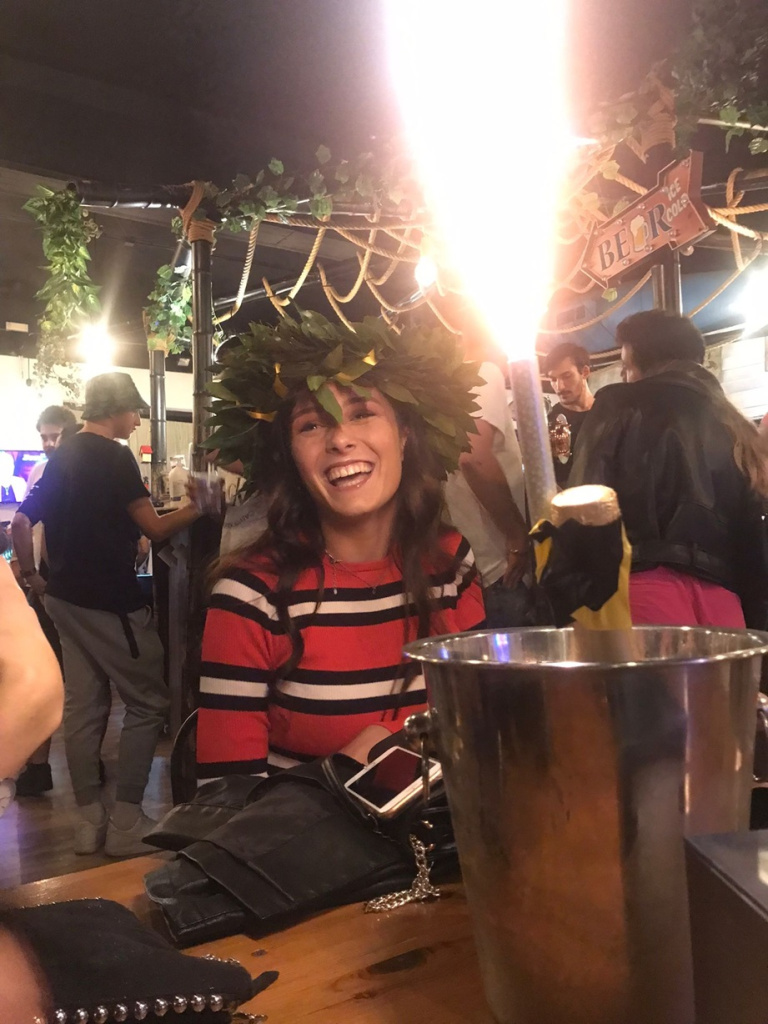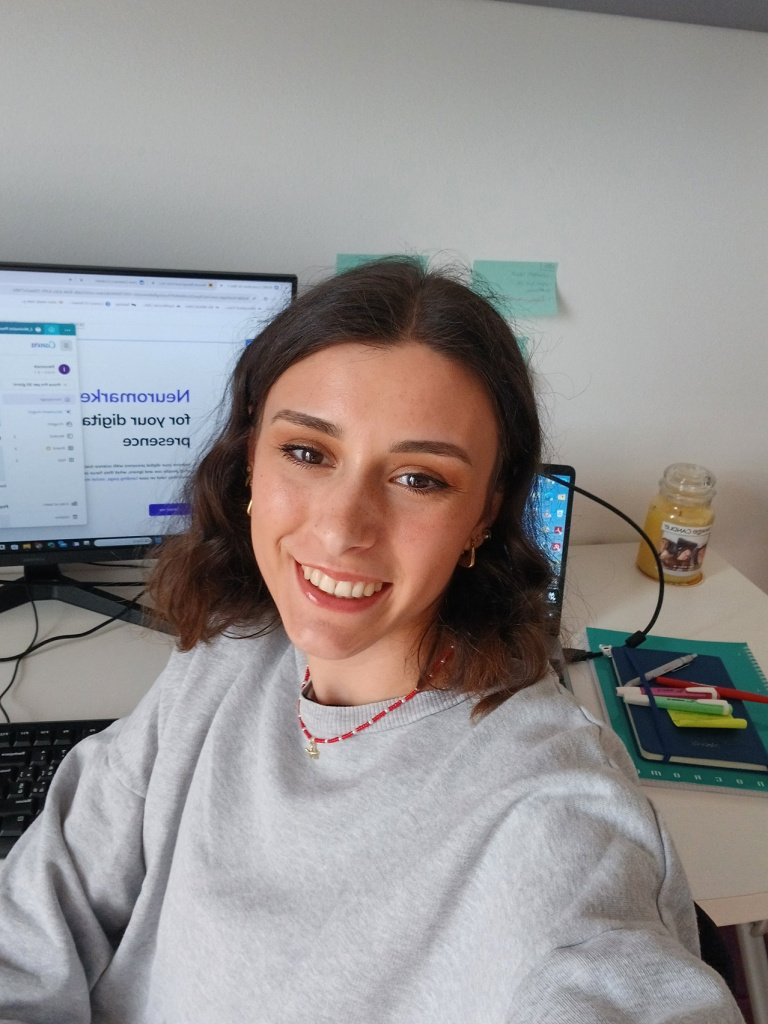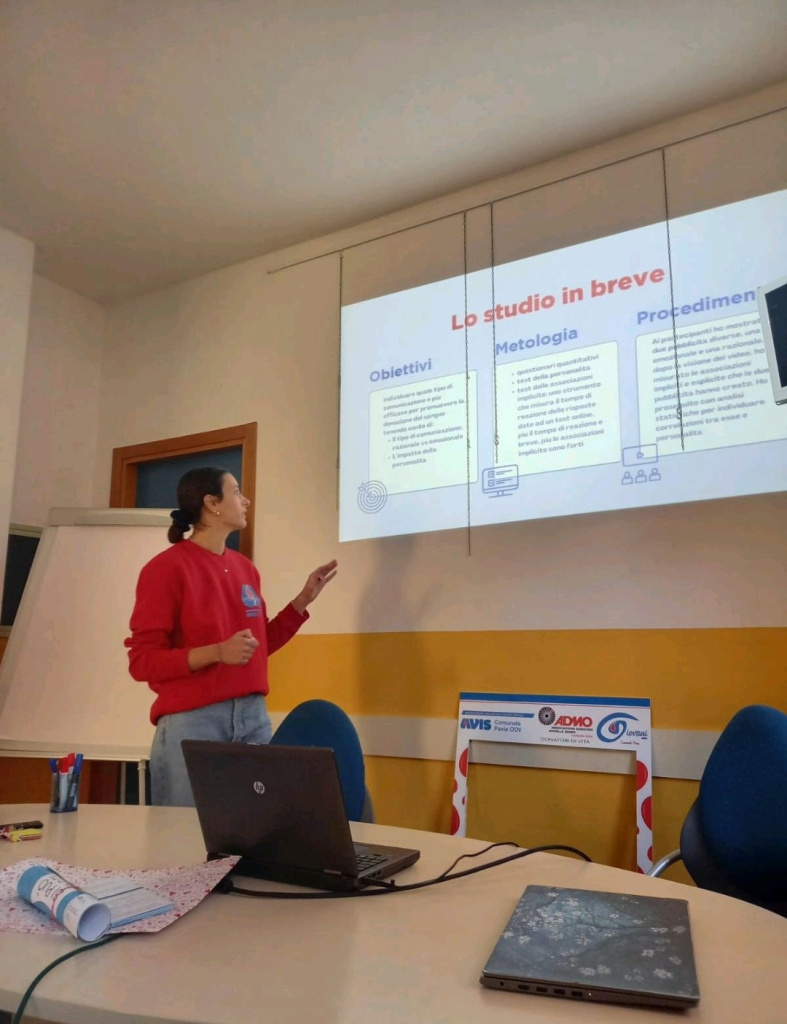30Under30 Nominee: Irene Centenaro

Great to hear from Significant Insights Global 30 under 30 nominee Irene Centenaro, a freelance neuromarketer who’s conducting remote neuromarketing research and helping start-ups navigate the ‘What is neuromarketing?’ maze.

So, how did you get into the industry, and take us through how you got to this point?
I didn’t consider a career in research until my MSc, when a professor mentioned, “I knew research was for me because I loved spending time in the library reading.” That was my eureka moment. Up until then, I thought I’d have to take the corporate route with my business degree. But I realized, “That’s me—I can do that!” Deep down, I think I already knew. After my bachelor’s, I pursued an MSc in neuromarketing, which was research-heavy. That professor’s comment made me see that I wasn’t just interested in understanding human behavior—I wanted to contribute to it through research.
After graduating, I spent a year in digital marketing, struggling to find a neuromarketing role. Eventually, I took the leap into freelancing, and it clicked immediately! Now, I’m a full-time freelance neuromarketer, conducting neuromarketing research and user testing for start-ups (as well as consulting) all remotely for clients across Europe. And I love it!

Why should anyone consider a career in market research, data and insights?
I’d encourage anyone with a curious mind to consider a career in market research, data, and insights. For those who love discovery, there’s nothing more rewarding than finding answers yourself and experiencing that “aha!” moment. It’s also perfect for problem solvers and creatives who enjoy crafting strategies that make a real impact and achieve tangible results. Research is a stimulating field that lets you see the direct effects of your work (at least it is for me, working closely with clients). If you’re curious, creative, and a critical thinker, there’s truly no more satisfying career path.

Career paths are rarely without challenges. Can you share an honest moment from your career when things didn’t go quite according to plan, but the lessons remain with you to this day?
One of my biggest challenges was simply getting started. As I mentioned, the pressure to find a job and the niche nature of the neuromarketing industry led me to take a digital marketing role that didn’t align with my goals. Now, as a self-employed professional, I face the unique challenges of running a business: managing ups and downs, wearing many hats (especially those outside my comfort zone, like sales), and dealing with the uncertainty of freelance work.
Additionally, neuromarketing is still misunderstood, and its value is often overlooked by decision-makers, some clients hadn’t even heard of it before working with me.
The most significant lessons I’ve learned so far are:
1) every experience can offer valuable insights and
2) being open-minded and adaptable is key to taking control of your career.
My initial job didn’t teach me research, but it provided practical knowledge of business challenges, which made me a better researcher who genuinely understands client needs. Flexibility is crucial when prospecting; I need to present my services in a way that clients can relate to. Empathy bridges the gap for those unfamiliar with neuromarketing but acutely aware of their own challenges.
Adjusting my offerings ensures I’m not just selling “neuromarketing research” but providing tangible solutions to their problems.

What two things should junior researchers focus on as they progress in their careers?
Junior researchers should really focus on continuous learning and self-reflection. These have been essential in my own journey and are closely connected.
The industry evolves rapidly—tools, techniques, and market demands shift fast—so staying committed to learning is key to keeping up and growing. But with so much to learn and only so much time and mental energy, it’s easy to feel overwhelmed. That’s where self-reflection comes in. It helps you prioritize what’s worth diving into and keeps your learning focused on what really matters to you. Your interests and ambitions will shift over time, and self-reflection helps you recognize those changes, guiding you to develop the skills that align with your goals.
For me, this practice has been especially important, as working solo means I don’t always have senior colleagues to offer feedback. Reflecting regularly has allowed me to pinpoint what I need to learn next and chart my own path forward.

Do you have any advice for our sector?
One major issue I see among young people is the stereotype that research is boring, purely academic, and not useful. This often stems from the disconnect between academia and practice. In university, many students read papers that seem irrelevant, leading them to question their value and creating a negative impression of research as a whole.
To tackle this, my advice is to improve the perception of market research through effective employer branding. Highlight the exciting, hands-on projects and the real-world impact of research work.

And do you have anyone who has helped your career so far that you’d like to acknowledge and say thanks or give a shout out to?
I want to give a huge thanks to my MSc professors, who taught me invaluable lessons that extend beyond my career. I truly felt I grew during my time in the program, and that’s thanks to the incredible mentors I had.
A special shout-out goes to Dr. K., Dr. D., and Dr. M.; they taught me far more than they realise and opened the door for me in this field. I also want to acknowledge my former boss, F. D. Even though I’ve moved into a different area, her impact on my career is immeasurable. She taught me so much about practical marketing, and just being able to observe someone with her knowledge and experience greatly shaped my daily work. So, a big thank you to all these professors and bosses who become mentors!
